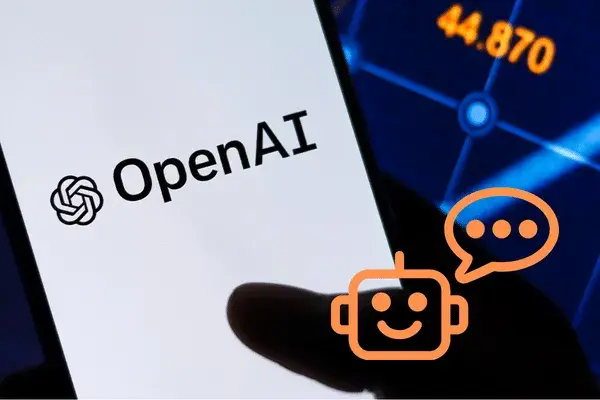OpenAI has launched a ChatGPT application for Windows, providing all users, including non-paying ones, with convenient and efficient access to their AI tool. Previously, the company released this app for Mac users in May, and now it is available for Windows users as well. This development brings ChatGPT to the Windows desktop, where it is accessible to anyone with a free account. Windows users now enjoy effortless access to ChatGPT on their computers. The app is downloadable from the Microsoft Store and compatible with both Windows 10 and 11. To activate the app instantly, use the Alt + Space shortcut.

Voice Control as a Key Feature
One of the big highlights of the new Windows app is the voice input. The app’s voice mode lets users talk to ChatGPT with ease. This feature adds a more natural feel to the AI, making it seem like you are having a real chat. Users can also get replies from ChatGPT while they work on other tasks, boosting their work pace. This voice input feature is set to help users, as it can let them work hands-free while still getting the help they need from ChatGPT. It’s a boost for users who like to multi-task or want a more relaxed way to chat with AI.
The ChatGPT Windows app offers more than just voice control. It includes an integrated web search tool, allowing users to search the internet directly from within the app without having to switch between windows. This feature makes finding quick answers incredibly convenient. Additionally, the app has a file upload tool, enabling users to share files with ChatGPT for immediate assistance. Furthermore, the ChatGPT Windows app includes a searchable chat history, making it simple to revisit previous conversations and resume where users left off.

Small Differences From the Mac App
Although the Windows app offers numerous advantages, it lacks a significant feature available in the Mac version. The macOS app includes integration with coding applications, which has not yet been incorporated into the Windows version. It remains uncertain when this functionality might be added, but for now, Windows users will need to manage without it.
Privacy is a crucial aspect with any AI tool, and OpenAI ensures that users maintain full control over what the app accesses. The app will not have permission to view screen content unless the user explicitly enables this option. This safeguard will become increasingly important as AI agents evolve and interact more deeply with system functions.





